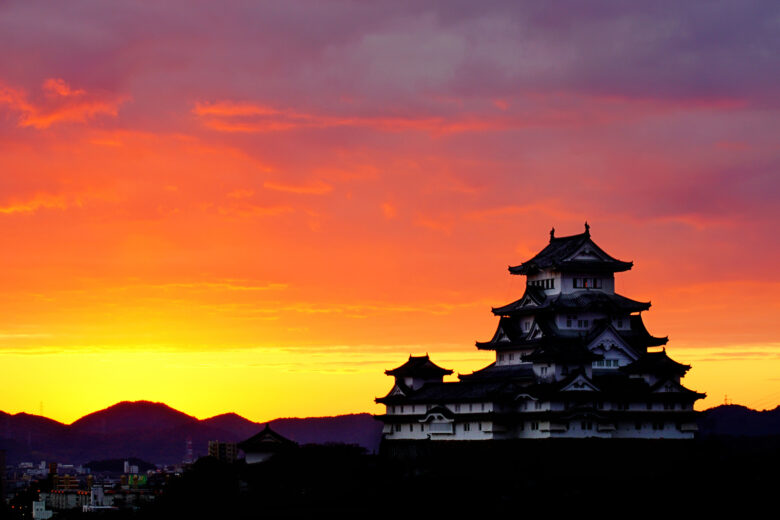When I started my guiding business six years ago, the treatment of guides in the Japanese travel industry was (and still is) very poor. Travel agencies kept guide compensation low, and the government had changed the law to legalize unlicensed guides. Therefore, it was said that even if you held a national certification as an interpreter guide, you would not be able to earn enough money to live on. In reaction to this situation, I started working in a very unusual way: instead of accepting work from travel agencies, I set up my own website and started taking orders directly from visitors to Japan via the Internet.
Fortunately, many of our clients were supportive of this approach, and we were able to get business back on track quickly after Covid. We also felt that many of our clients preferred the services of a small but flexible company like ours to those of large travel agencies. Therefore, I am sharing my experience with other interpreter guides in Japan and disseminating information in the hope that more guides will work in the same way.
With so many guests coming to Japan these days, there is a shortage of tour guides. Outside of Tokyo, Kyoto, and Osaka, the number of tour guides in the provinces is originally small, and even when cruise ships arrive in the provinces, it is very difficult to find a private guide there. I am also asked by many of my clients to introduce them to guides in the regions. In particular, I am receiving an increasing number of requests from clients who ask, “After Tokyo, I am going on a cruise to visit all of Japan, so could you introduce me to a personal guide at the port of call?
It has been a great disappointment that we have not been able to respond adequately to such requests in the past. Therefore, I have decided to start introducing private guides outside of Tokyo on this website. I believe that local guides who live and work in the area should be in charge of guiding in rural areas. Local guides’ love for their hometown is the source of attractive guiding, and it also creates employment in the local area. I believe that the role of the tourism industry is to help revitalize the local economy.
Japan’s regions are full of charm. When you visit a regional city, whether on a cruise ship or on the Shinkansen bullet train, be sure to ask a local private guide to show you around. You will be able to experience the charm of each region in a way that you would not be able to on a regular excursion. The advantage of a private guide is that you can look around at your own pace and in a relaxed atmosphere.
A good guide can make a trip very fulfilling. Instead of a conventional itinerary prepared by a travel agency, we guarantee that you will get the benefits for your money: fascinating spots known only to local guides, the best selection of destinations and flexibility according to season, time, and weather, and explanations based on historical and cultural backgrounds that are beyond what a guidebook can tell you. We promise you that you will get the benefit of our services for the price.
Another thought is to improve the treatment of guides. Usually, travel agencies and matching sites deduct a commission of 30% or more from the guide fee paid by the customer and pay it to the guide. When several companies intervene, it is not uncommon for the amount actually passed on to the guide to be less than half of the amount paid by the customer. On the other hand, we believe that the guide should receive most of the guide fee paid by the customer, and therefore we charge a much lower introduction fee (10% plus settlement costs) than other travel agencies or matching sites. In this way, we do our best to support freelance interpreter guides who wish to become independent in the community.
Starting with the first photo displayed at the top of this page,”Himeji Castle.(Morning glow.) Hyogo”©rikky_photography (Licensed under CC BY 4.0)
https://creativecommons.org/licenses/by/4.0/

